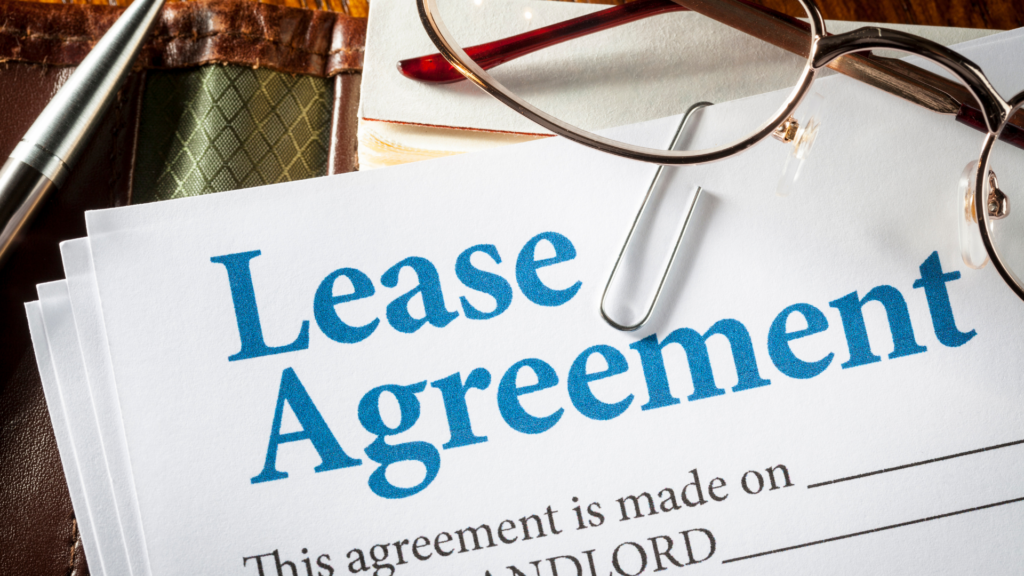
Investing in property is one of the most popular wealth-building strategies, but the choice between commercial and residential properties can significantly affect your long-term returns. Each type of property offers distinct opportunities and challenges, so it’s crucial to understand their differences before making any decisions. Let’s break it down:
1. Residential vs Commercial Property: Purpose and Use
The most fundamental difference between commercial and residential properties is their intended use.
- Residential properties are primarily used for living. These include houses, apartments, townhouses, and units that are rented out to individuals or families.
- Commercial properties, on the other hand, are designed for business activities. This could range from office spaces and retail shops to warehouses and industrial facilities.
When considering which type of property to invest in, ask yourself: Do you want to engage with individual tenants or businesses? The expectations and dynamics will differ.
2. Lease Terms for Residential and Commercial Properties
Leases in the residential market are typically shorter and more straightforward. Tenants usually sign up for leases ranging from 6-12 months, with frequent renewals.
In contrast, commercial leases are much longer, typically 3 to 10 years or more, depending on the business. These leases often come with more complex terms and conditions, such as tenant responsibilities for maintenance and upkeep.
For those looking for stability and long-term income, commercial properties might offer the advantage of fewer vacancies and extended lease periods.
3. Rental Yields and Capital Growth
When evaluating property investments, rental yields and capital growth are key metrics.
- Residential properties usually offer lower rental yields compared to commercial properties. However, they often benefit from higher capital growth over time. After all, people will always need homes, making demand for residential properties more stable.
- Commercial properties, while providing higher rental yields, can experience more volatility. The value of a commercial property depends heavily on the success of the business occupying it and broader economic conditions.
4. Financing Residential vs Commercial Property Investments
Financing a residential property is usually more straightforward, with a wide range of loan products available, particularly for first-time investors. Lenders often see residential property as a less risky investment, offering more favorable terms like lower interest rates and higher loan-to-value ratios.
In contrast, financing for commercial properties is often more complex. Lenders generally require larger deposits, shorter loan terms, and higher interest rates. A strong business plan and clear understanding of the market are essential for securing financing on favorable terms.
5. Tenant Management
Managing residential tenants typically means dealing with individuals or families, focusing on maintaining a safe and livable environment. Residential properties are also subject to stricter regulations to protect tenants, covering areas like rental increases, evictions, and overall living conditions.
For commercial properties, tenants are usually business entities, which can result in fewer management issues. Many commercial tenants are responsible for maintenance, repairs, and even upgrades, especially under a “net lease” structure. However, vacancies can last longer, and finding new commercial tenants might take more time.
6. Risk Comparison: Residential vs Commercial Property Investments
The risks involved in residential versus commercial properties are quite different.
- Residential properties tend to be more resilient, as housing demand remains relatively steady, even during economic downturns. While rental income may fluctuate, the risk of prolonged vacancies is generally lower.
- Commercial properties, on the other hand, are more sensitive to economic changes. If the business climate weakens, vacancies can increase, and it may take longer to find tenants. However, in a strong economy, commercial properties often provide higher returns, making them appealing to experienced investors.
Conclusion: Which Is Right for You?
Choosing between commercial and residential property comes down to your investment goals, risk tolerance, and how actively you want to manage your property.
- Residential properties might be a good choice for investors looking for stability, lower risk, and an easier market entry.
- Commercial properties can offer higher returns but require more hands-on management and a deeper understanding of market dynamics.
By carefully weighing these factors, you can make an informed decision that aligns with your long-term investment strategy.
For more insights and guidance on property investment, visit us at Quantum Buyers Agents — we’re here to help you navigate the property market with confidence!
For more insights on property investment and expert strategies, visit Real Estate Institute of Australia.
